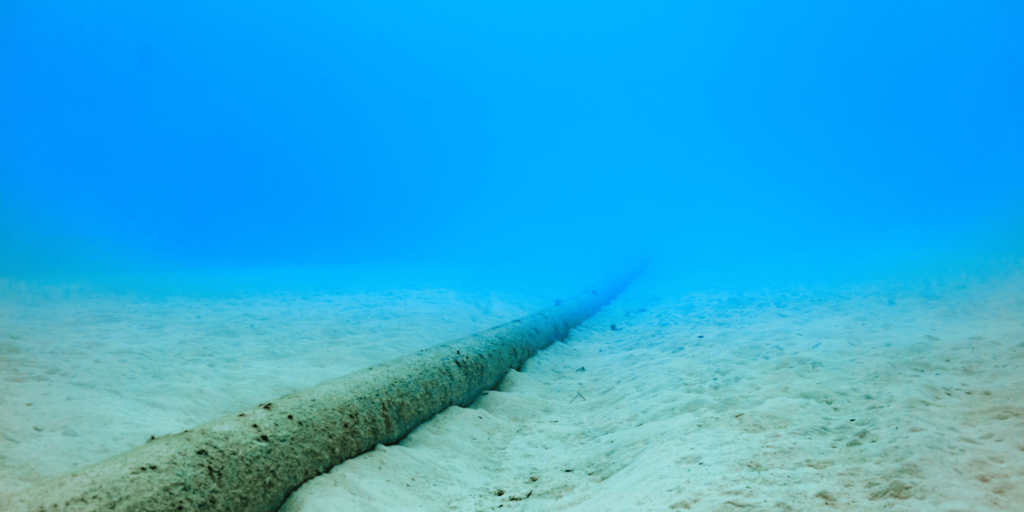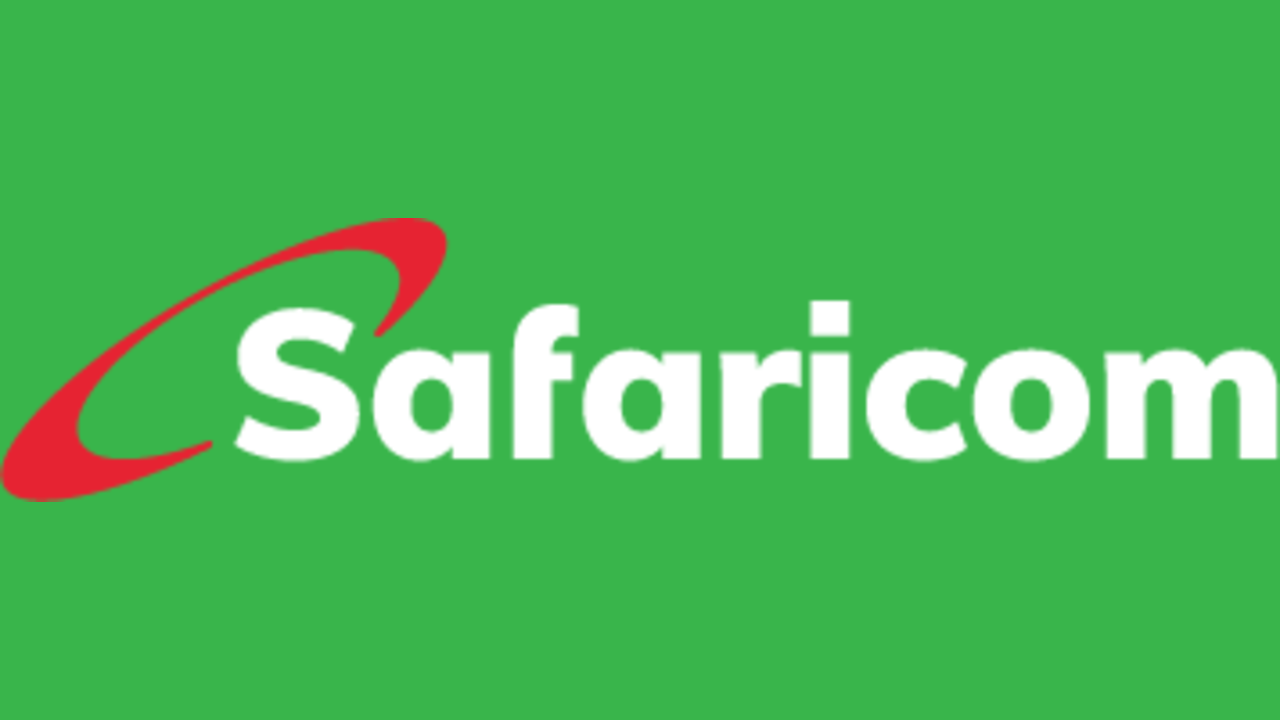The Liberian government has begun the process of relocating the landing point of the ACE submarine cable to ensure continuity of internet services and avoid a major outage of the national network. The initiative, led by the Liberia Telecommunications Authority (LTA) in collaboration with the incumbent operator and the Cable Consortium of Liberia (CCL), is estimated to cost $200,000.
“This rerouting process is being driven by the construction of a monument in PHP Park, precisely where the ACE cable was originally connected. As the cable is no longer accessible from this site, it must be relocated to allow for future repair work,” the telecoms regulator explained in a statement posted on its Facebook page on Thursday, April 3.
As part of this operation, a cable ship is expected to arrive on the Liberian coast starting April 22. Although disruptions to internet connectivity are expected during the work, the government assures that it has taken measures to avoid a total shutdown.
This situation illustrates the urgent need to strengthen national telecom infrastructure to improve network resilience. A second submarine cable, supported by the World Bank under the West Africa Regional Digital Integration Project (WARDIP), was announced for September 2023. However, this project has not yet been completed, and frequent internet service interruptions persist.
Liberia can also consider alternatives to ensure stable connectivity. For example, the Global Mobile Operators Association (GSMA) recommends exploring satellite options. Additionally, in a 2020 digital economy diagnostic, the World Bank proposed connecting the country to its neighbors via fiber optics to diversify connectivity sources.
Source: Extensia




